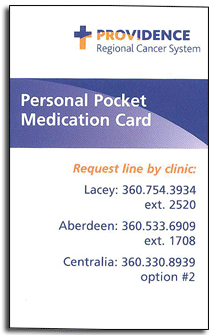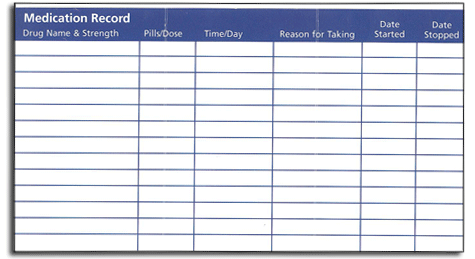What is palliative care? Life-enhancing, supportive care
We hear the words Palliative Care and think end-of-life, hospice, impending death. Then we stop listening all together. Many think there are two separate roads in cancer care, one curative and one palliative with no intersection; that when health care providers recommend palliative care they have given up on us.
Even some providers equate palliation with hospice. Unfortunately, limited understanding of what palliative care can offer has limited the care that cancer patients receive. Palliative Care is patient and family-centered care that focuses on reducing the severity of symptoms and promoting quality of life for patients with a life-threatening disease. And it may be offered at the same time as life-prolonging chemotherapy or radiation. Palliative Care is truly comprehensive care that addresses the physical, psychosocial, practical and spiritual dimensions of cancer and its treatment. Palliative care can provide effective pain management to patients who have years to live. Patients have the most to gain from palliative care when it is started earlier in the treatment process. A recent article in The New England Journal of Medicine found that lung cancer patients who received palliative care had a better quality of life, fewer depressive symptoms, and a mean survival of 2.7 months longer than the group that received chemotherapy alone. An accompanying editorial states, “Perhaps unsurprisingly, reducing patients' misery may help them live longer.” Next time you hear the term Palliative Care, think life enhancing, supportive care.



 Cobie Whitten, PhD
Cobie Whitten, PhD

